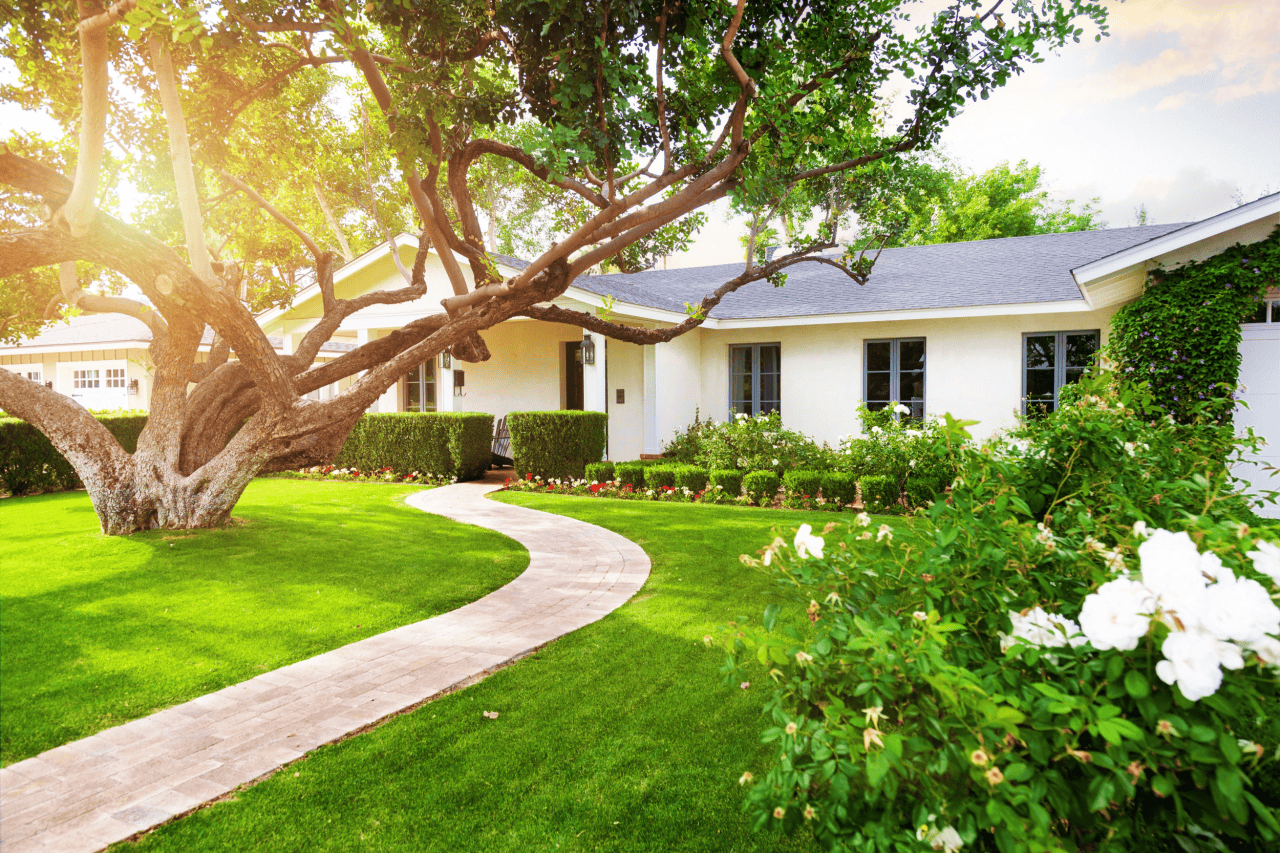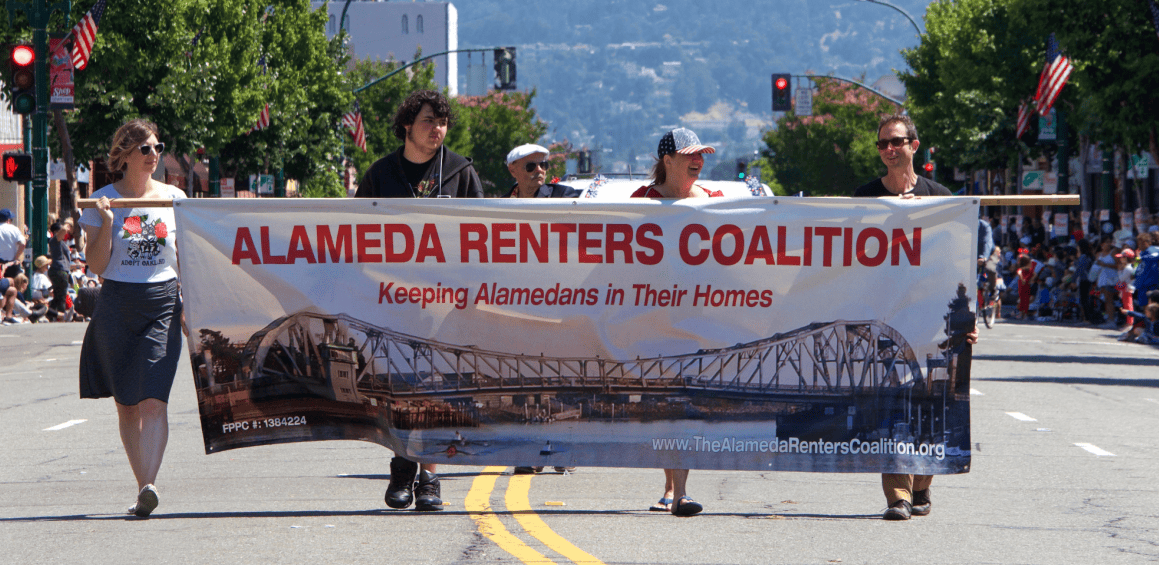Most renters are not ready (or willing) to buy

The gap between rental costs and household income is widening to “unsustainable levels” in many parts of the country, new research published Monday by the National Association of Realtors found, “and the situation could worsen unless new home construction meaningfully rises.” In the last five years, a typical rent rose 15% while the income of renters grew by only 11%, the study found. The top markets where renters have seen the highest increase in rents since 2009 are New York (51%), Seattle, (32%), San Jose, Calif., (26%), Denver, (24%) and St. Louis. (22%).
“Many of the metro areas that have experienced the highest rent increases are popular to millennials because of their employment opportunities,” Lawrence Yun, NAR’s chief economist said in a statement. “With a stronger economy and labor market, it’s critical to increase housing starts for entry-level buyers or else many will face affordability issues if their incomes aren’t compensating for the gains in home prices.”
But most renters are reluctant to buy. Only 12% of current renters say they plan to buy a home within the next year, according to the latest “Housing Confidence Index” published last week by real-estate company Zillow, although this was up 25% on the previous year. On a scale of 1 to 100, with a reading of more than 50 indicating general confidence, the housing confidence index rose to 70.6 in January 2015, up 4.4 points over the previous year.
Zillow polled more than 10,000 households about housing market conditions, expectations for the future and their attitudes toward homeownership across 20 of the large metro areas.
What people say they would like to do — and what they actually do — are two different things. “While the increase in confidence among renters is heartening,” Zillow chief economist Stan Humphries said that it’s important to take a reality check. Among renters aged 18 to 34, 66.2% said owning a home was the best long-term investment, up from 61.4% last year. “Not all renters who want to buy this year will be successful,” Humphries says. “Saving a down payment, qualifying for a mortgage and finding an affordable home to buy all remain formidable challenges for many.”
And some cities are proving more popular for would-be buyers than others, Zillow found: Of the 5.2 million renters who say they would like to buy within the next year, there were an estimated 241,562 in the New York and Northern New Jersey metro area, 225,821 in Dallas, 199,146 in Los Angeles, 161,052 in Miami, and 149,744 in Chicago. But there were only 25,411 in San Jose, Calif., 31,117 in Las Vegas, and 34,898 in Boston. And renting isn’t cheap: U.S. renters paid around $441 billion last year in rent in the 25 largest metro areas, up 4.9% on the previous year.
One reason for renters staying put: Housing construction has been slow and has, for the most part, not addressed the problem of low inventory (and choice) for buyers. U.S. housing starts decreased by 2% in January from the previous month to a seasonally adjusted annual rate of 1.065 million, the U.S. Commerce Department announced last month, and applications for building permits also declined by 0.7%, indicating that this situation is unlikely to immediately change.
To put that in perspective: Construction of housing units averaged around 1.5 million a year for the past five decades.
And people are still rattled by the 2008 property crash, despite the increase in Zillow’s index. About 43% of Americans say owning a home is no longer “an excellent long-term investment and one of the best ways for people to build wealth and assets,” and over half say buying a home has become less appealing, according to the “How Housing Matters Survey,” commissioned by the nonprofit John D. and Catherine T. MacArthur Foundation last year. Although 70% of renters aspire to own a home, some 58% believe that “renters can be just as successful as owners at achieving the American dream.”
But the long, slow rise in house prices has at least made some homeowners feel more secure. “While consumers think 2015 will also be a better year to rent than 2014 was, rental affordability is a big and growing challenge, especially in coastal markets,” says Jed Kolko, chief economist of real-estate website Trulia, which merged with onetime competitor Zillow in a deal that closed last month. “Optimism is increasing most for selling a home, thanks to price increases.”
Saving for a down payment is still the highest hurdle, as it was last year, followed by poor credit and the inability to qualify for a mortgage, he adds. In 2015, Kolko says, “The rental market will remain vigorous.”
Source: Marketwatch.com















 Accessibility
Accessibility